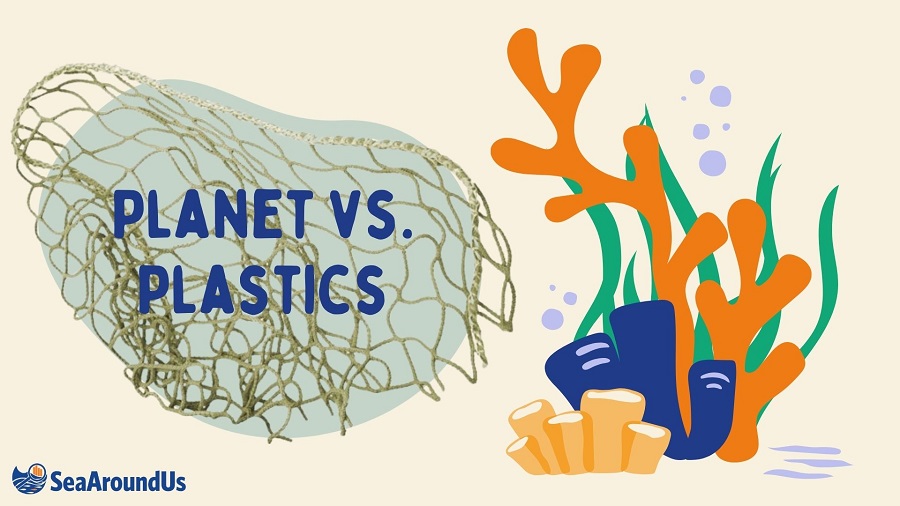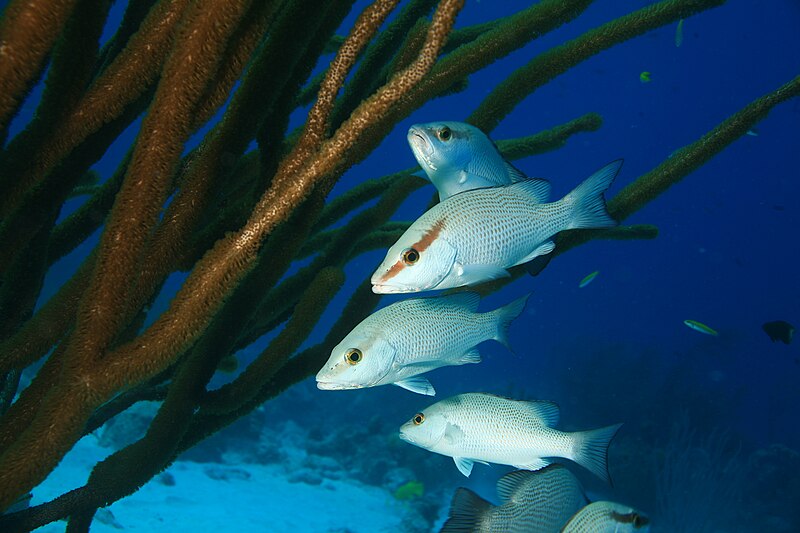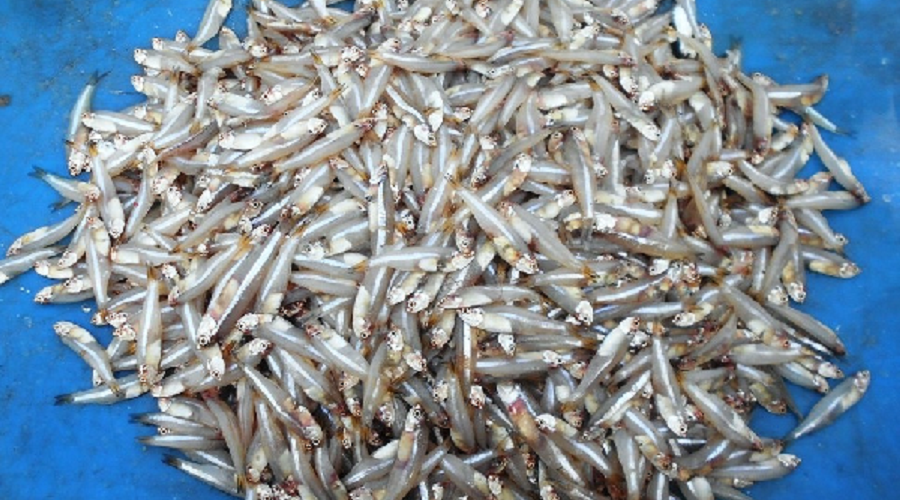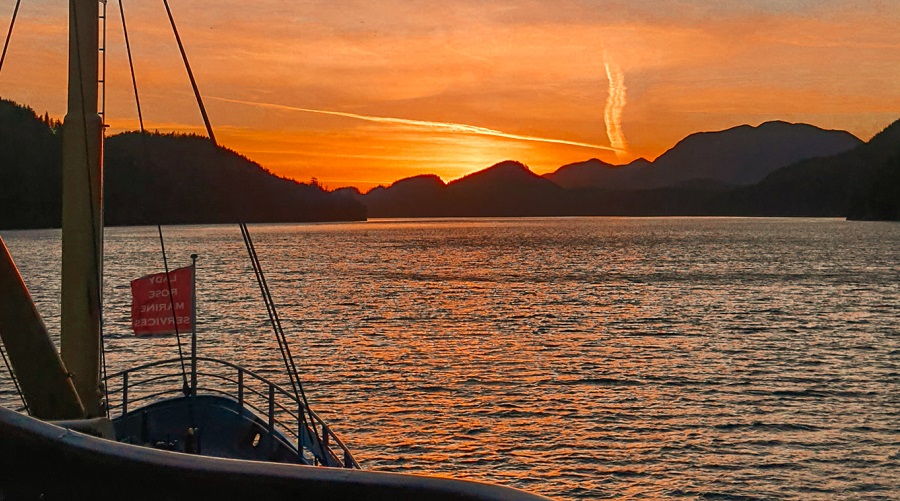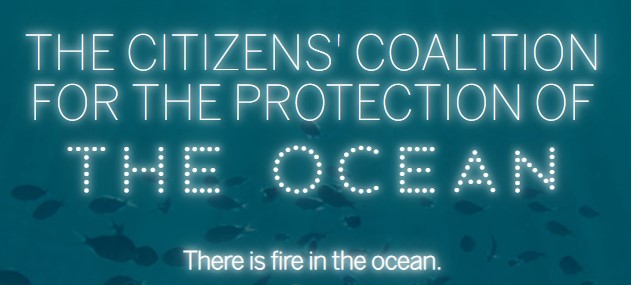Under the campaign slogan of ‘Planet vs. Plastics,’ Earth Day 2024 is focused on environmental activists’ commitment to end plastics for the sake of human and planetary health, demanding a 60 per cent reduction in the production of all plastics by 2040.
Even though the Sea Around Us research doesn’t focus on ocean pollution, there is an evident connection between fisheries and the littering of our oceans.
To illustrate this connection, the above video presents some of the alarming figures related to gear abandoned at sea, which remains in the oceans and often continues to capture fish and other marine animals in a process commonly referred to as ‘ghost fishing’.


